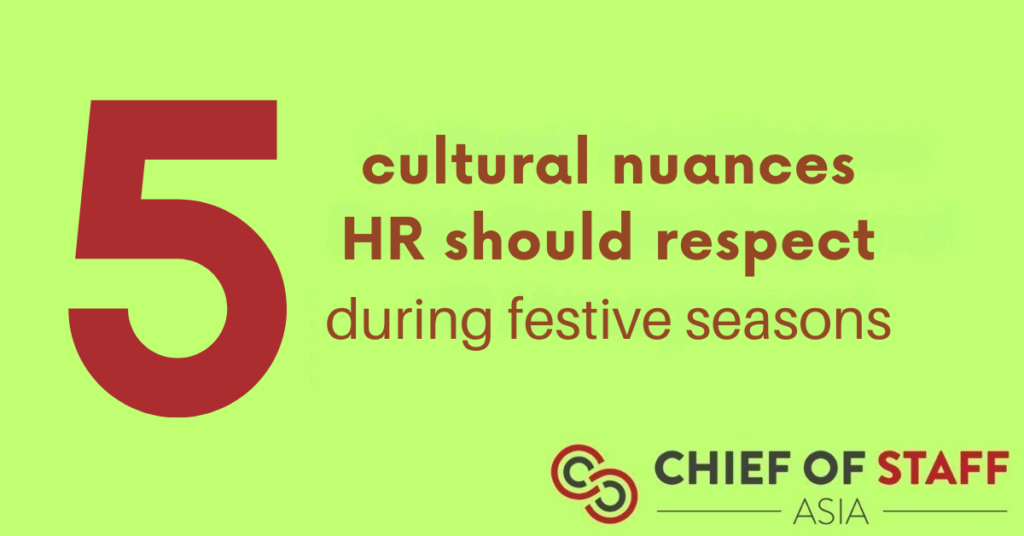Singapore has always been known as an international business hub, especially within Southeast Asia. Given its proficient and skilled talent pool, technological advancement, and renowned status as a tax haven, it is a prime destination for multinational companies. In October 2022, Singapore was named the most competitive market in Asia Pacific and the third in the world by the IMD World Competitiveness Center.
By virtue of being in Singapore, Singapore-based companies reap the benefits of a highly business-friendly and competitive arena. Yet the coming years will see continued challenges such as a scarcity in energy products and commodities as well as a predicted global downturn. The emergence of AI and machine learning are changing the business landscape significantly. It remains to be seen if Singapore companies are prepared to maintain their lead in light of these potential future challenges.
The implementation of the Minimum Effective Tax Rate (METR) in 2025 will ‘top up’ the tax rate for multinational enterprise companies to 15% and is expected to impact Singapore’s long-standing reputation as a tax haven for business and commerce.
However, as Trade and Industry Minister Gan Kim Yong noted, Singapore’s competitiveness goes beyond taxation rates to include fundamentals such as its strategic location, international connectivity, excellent infrastructure, rule of law and skilled workforce. Considering these fundamentals, how can Singapore companies maintain their competitiveness? How can they anticipate and rise above future speedbumps?
HUMAN CAPITAL
Singapore companies must find ways to attract and retain employees beyond monetary compensation.
In a global company, human capital is key. When the labour market is tight, we often see companies raising salaries to deal with the labour crunch, in particular the tech sector. It is, however, not sustainable in the long term, as shown by the number of layoffs and retrenchments in recent months. ADP’s 2023 People at Work survey found that, while pay is the highest priority for workers (69%), job security (41%) and flexibility over their hours (39%) were important as well.
Flexible Working
One key consideration is flexible working arrangements. As hybrid working becomes the norm, companies should consider what the next stage of hybrid working looks like. Beyond flexible hours, can there be flexibility in working locations as well? Can employees work remotely from other locations, or be allowed to take roles or assignments in overseas offices?
In fact, companies utilising Singapore as a regional hub will find that flexibility in hours and locations provide Singapore-based employees the ease of working with different regions. And for companies that cannot afford to compete on financial compensation to retain employees, flexible working can be the economical alternative along with circumventing geographically restricted talent crunch issues.
Technology & Innovation
For companies that cannot implement flexible working, a time-tested solution is investing in innovation. Automation of tasks frees employees for jobs that require human intervention. Technology streamlines processes, simplifying projects and eliminating redundancy.
It is undeniable that AI marks a new paradigm shift in the world of work. In a matter of months, AI and machine learning have been integrated into software and processes across the business world – meaning companies and employees must learn how to work with AI or risk redundancy. It is not always negative. With human supervision, AI has the potential to simplify work tasks for employees. Technology does not only impact talent management. Companies that are not already on the digital bandwagon will lose a market share that is substantially significant. As the crypto and digitalisation boons have shown, beyond trending fads, there is a demand for free open markets and digital economies. The challenges associated with fintech and digital economies can be assuaged with proper infrastructure and regulatory guidelines – both of which Singapore excels at.
However, we note that while in UOB Group’s FinTech in ASEAN report that Singapore continues to dominate fintech funding, Indonesia is catching up with a substantial 11% gain in the last year – something that Singapore should be concerned about.
GREEN FUTURES
Lastly, businesses cannot ignore the writing on the wall – sustainability has become non-negotiable as companies learn that climate risks affect business bottom lines. Pressure to decarbonise is growing from consumers, investors and regulatory bodies.
There is a sizeable market for green businesses in Asia. A McKinsey report estimates that the potential for green business will reach $4 trillion and $5 trillion by 2030.
Singapore companies seeking to turn from brown to green will find substantive funding available. In 2020, MAS launched the world’s first grant scheme for green and sustainability-linked loans, with many other schemes following as well.
Conclusion
The world of work is earmarked by volatile uncertainties and a climate crisis we cannot ignore. It’s possible that other countries in the region are catching up to Singapore. Yet by virtue of our strong business infrastructure and a keen eye on the horizon, Singapore and Singaporean companies can keep our edge as an MNC hub.
About the author
Yvonne Teo, Vice President, Human Resources, Asia Pacific
Yvonne joined ADP in May 2020 and brings with her over 20 years of HR leadership experience. She came from VERTIV (previously Emerson Network Power), a global IT, data centre and Telecommunications Solutions Provider where she held the position of Vice President Human Resources APAC. Prior to this Yvonne worked for Hella Asia, a global designer and manufacturer of components in the automotive industry as their Head of HR APAC.









